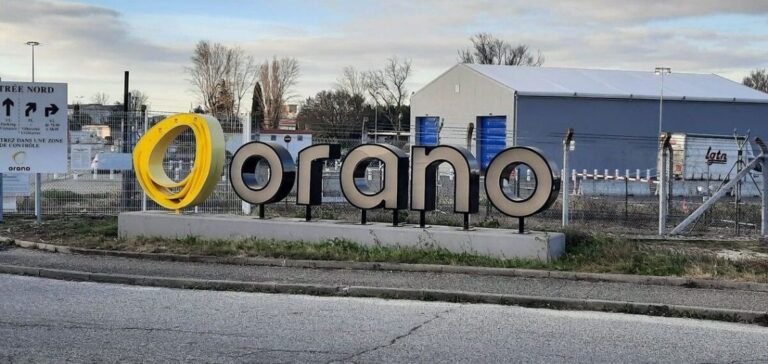The French uranium specialist Orano has announced the loss of operational control of its subsidiary Somaïr (Société des mines de l’Aïr), whose shareholding is divided between Orano (63.4%) and the State of Niger (36.6%). This loss of control occurs amidst growing tensions between France and Niger, led by a military regime following the coup d’état of July 2023.
Since coming to power, the military junta has emphasized energy sovereignty, particularly regarding uranium. As early as June 2024, it withdrew Orano’s license to operate the mega Imouraren deposit, a reserve of 200,000 tons of uranium. In October, Orano announced the suspension of Somaïr’s production, effective October 31, due to deteriorating working conditions.
Financial deterioration and blocked stocks
Somaïr’s governance has become a major point of contention. According to Orano, decisions made during board meetings, such as the suspension of production expenses adopted on November 12, are no longer implemented. These expenses, maintained against the group’s recommendations, worsen the company’s financial situation.
Currently, 1,150 tons of uranium concentrate from the 2023 and 2024 stocks, representing nearly half of the site’s annual average production, are blocked. These stocks, valued at €200 million, cannot be exported due to the refusal expressed by Nigerien authorities.
A strategy of opening to other partners
Niger, which represents 4.7% of global natural uranium production, seeks to diversify its partners. In November, Niger’s Minister of Mines, Ousmane Abarchi, invited Russian companies to explore and exploit the country’s natural resources. This approach illustrates a clear diplomatic repositioning aimed at reducing dependency on France.
These initiatives, combined with the export ban imposed on Orano, deepen the tensions between the former colonizer and Niger while arousing international interest in the country’s strategic resources.
Social impacts and possible legal recourse
Orano has expressed regret over this situation, which affects not only Somaïr’s employees but also local communities. In its statement, the group reiterated its intention to defend its rights before competent bodies. However, it insists on the need for constructive dialogue to achieve a stable and sustainable operation.





















